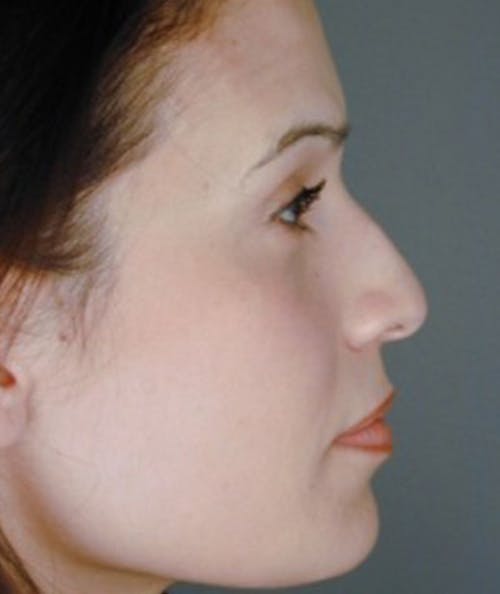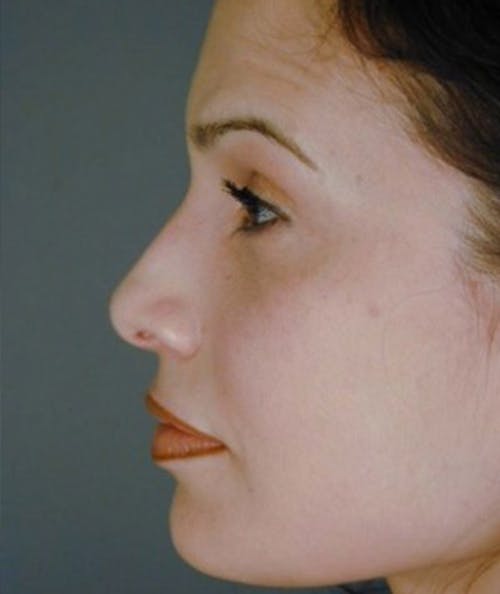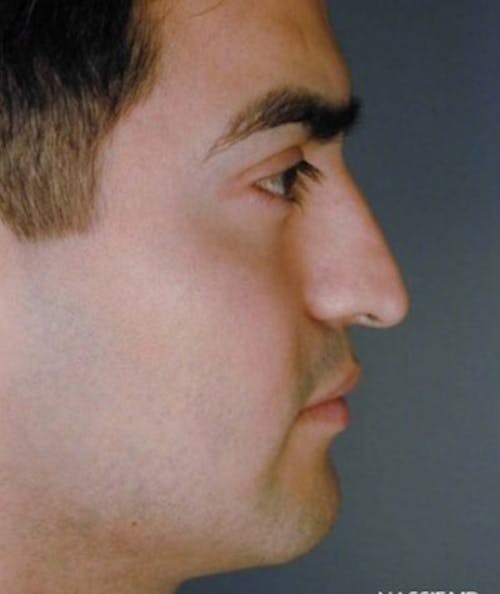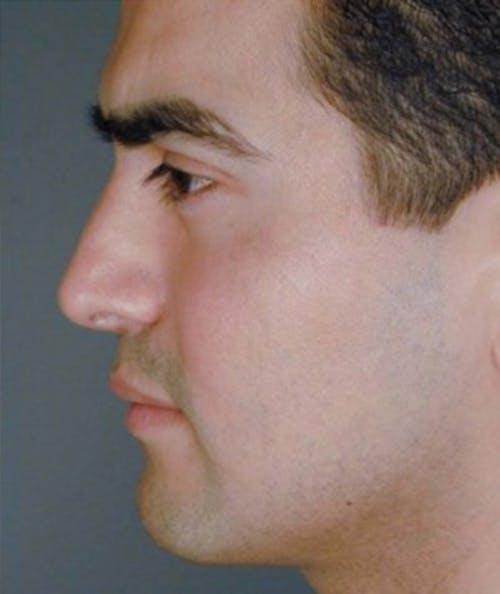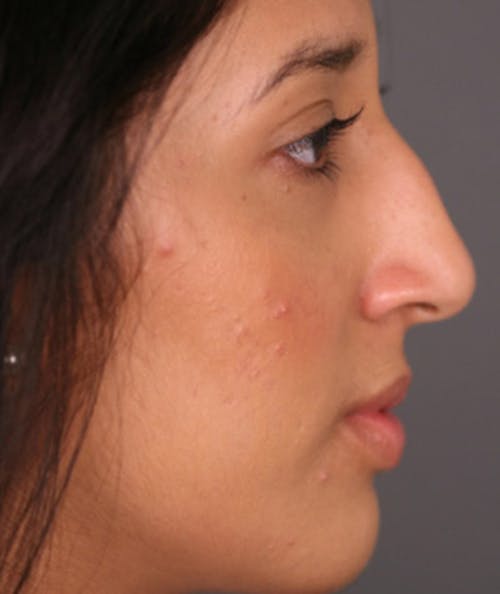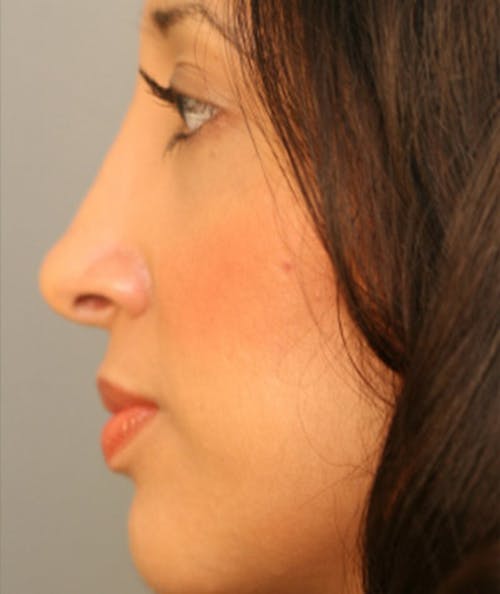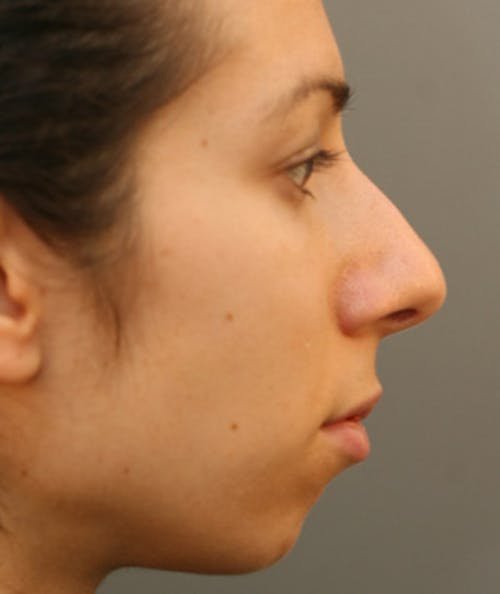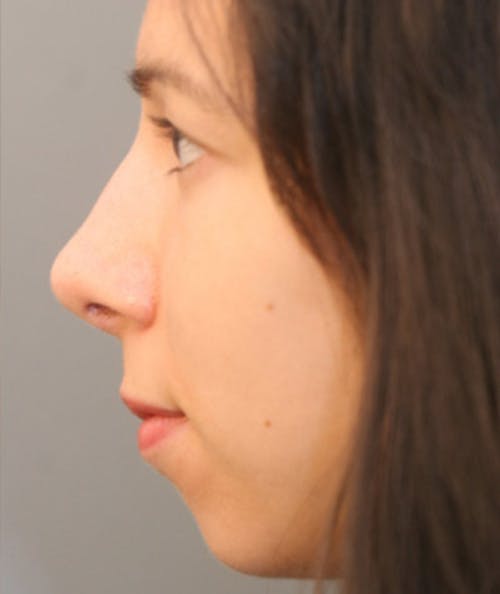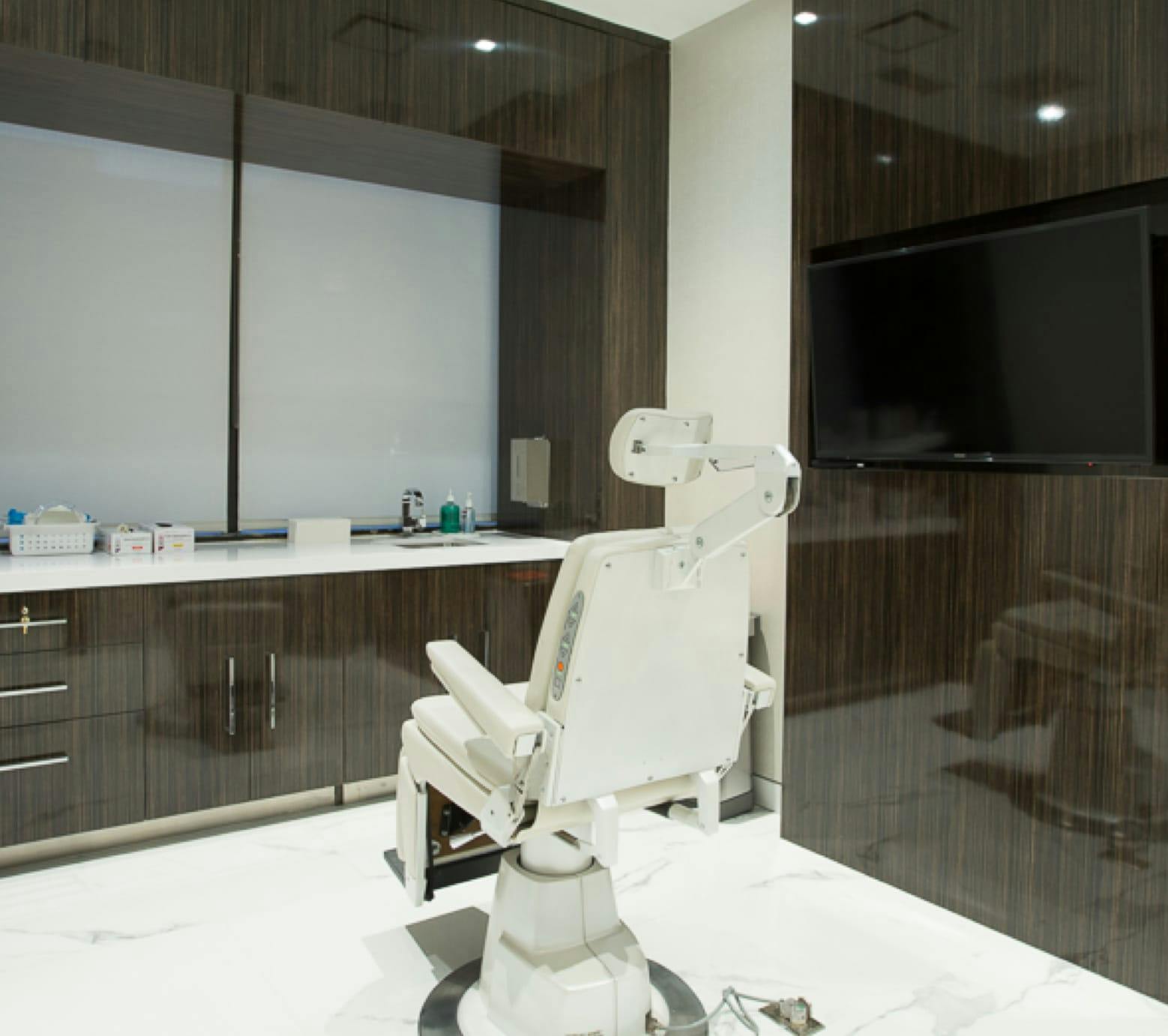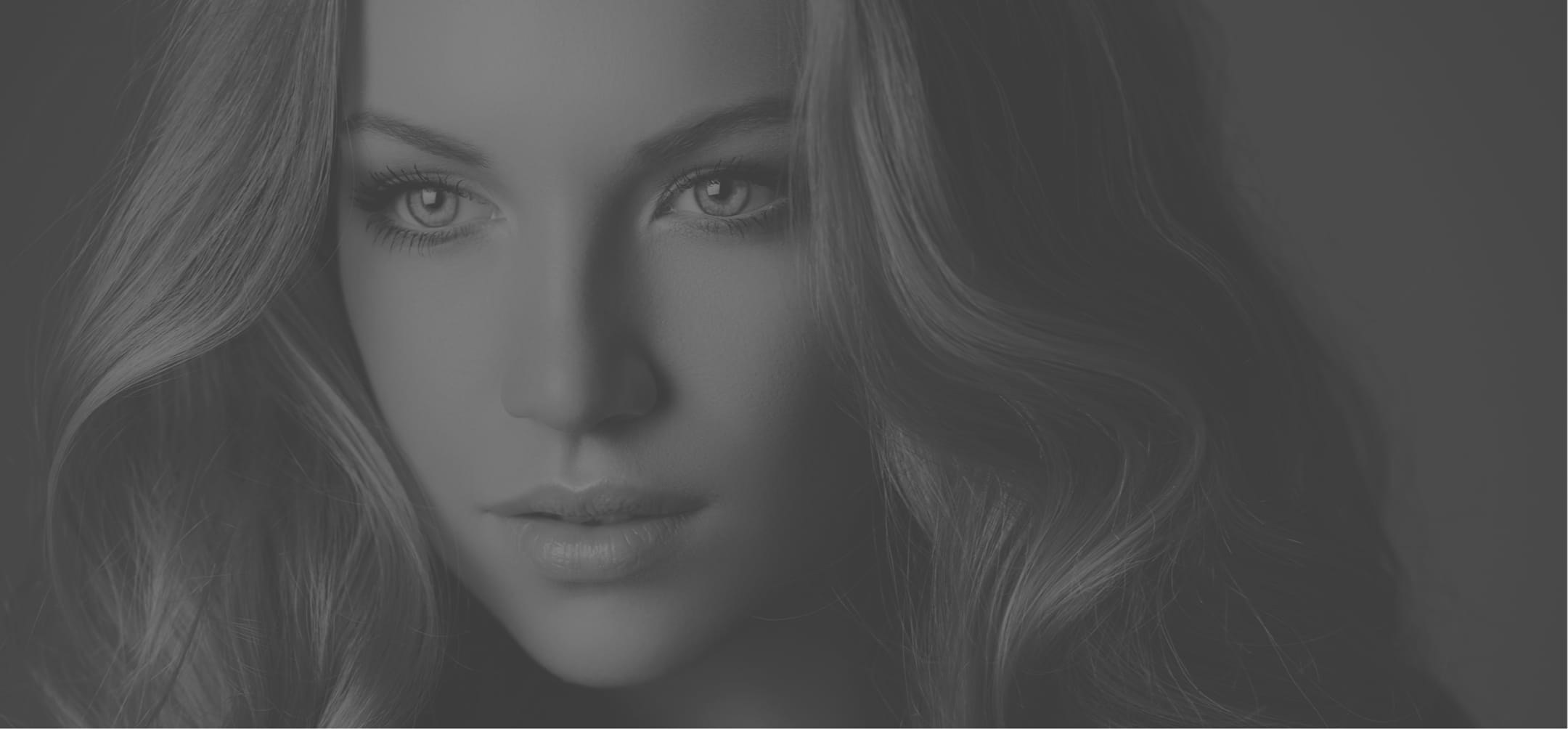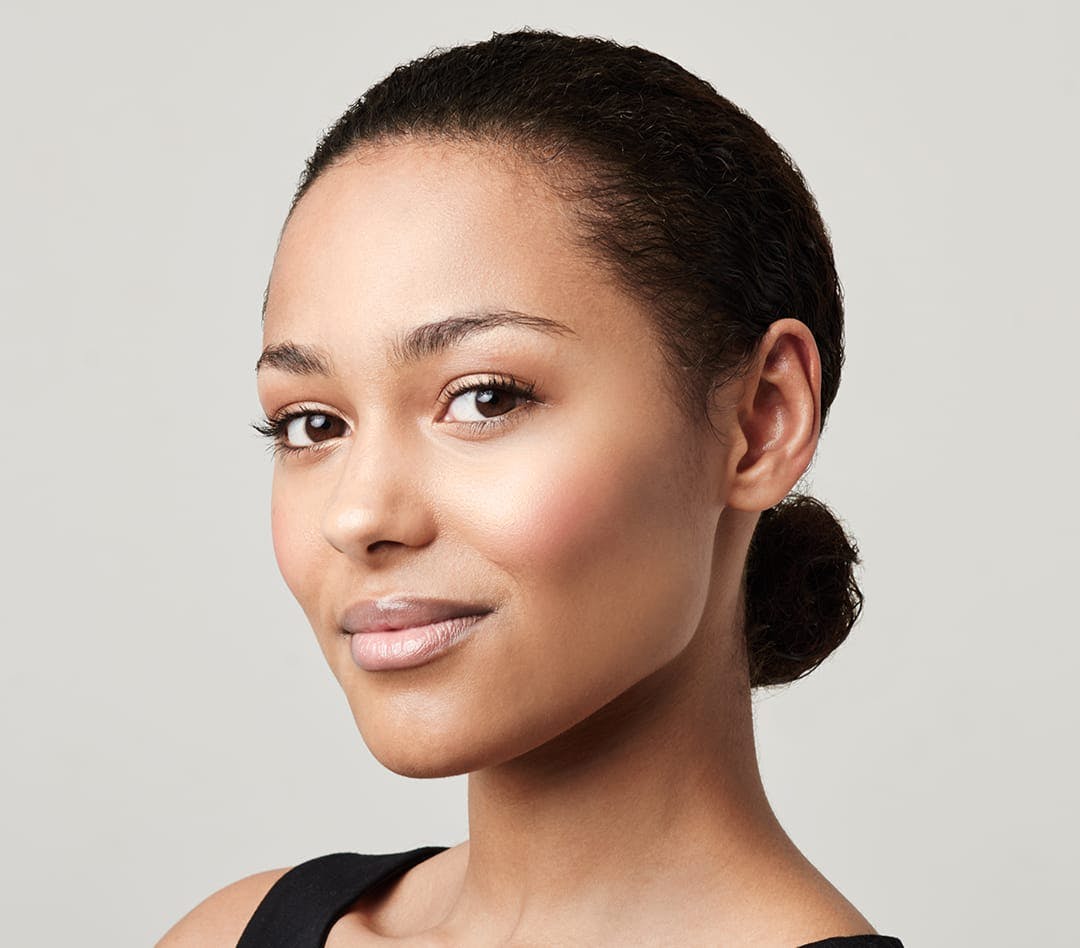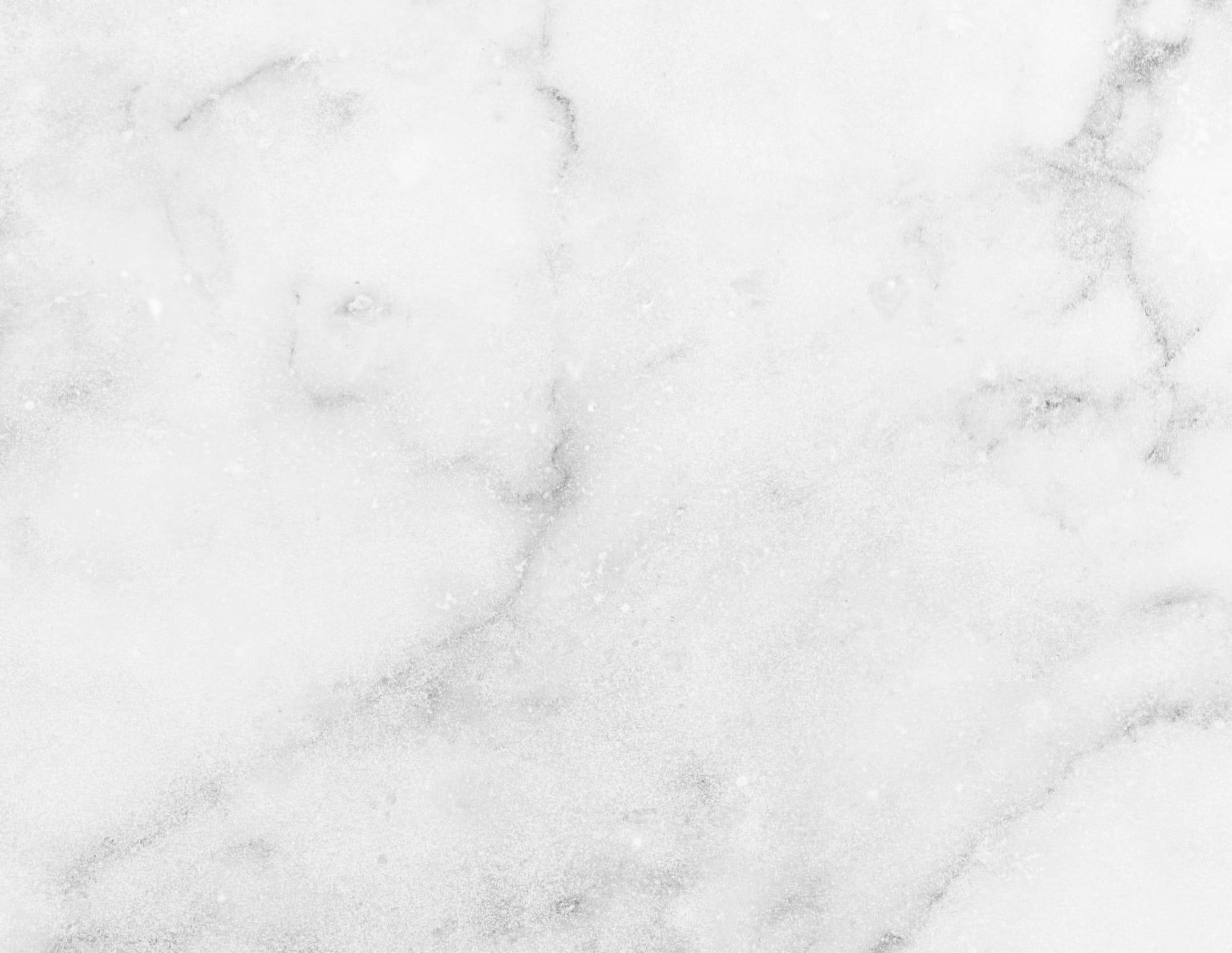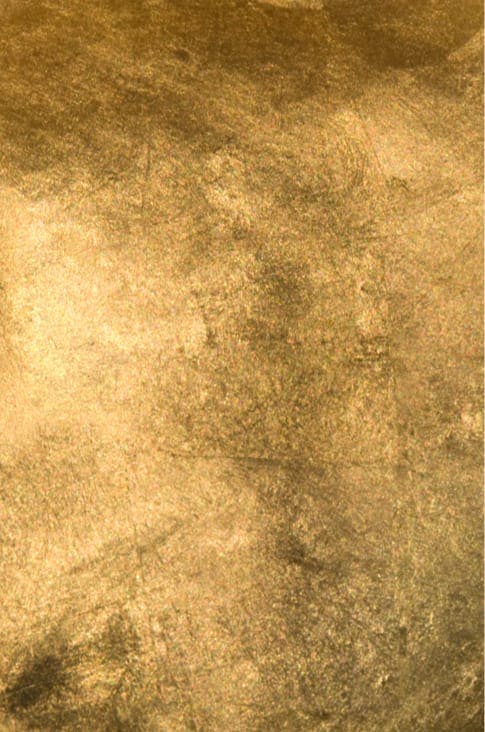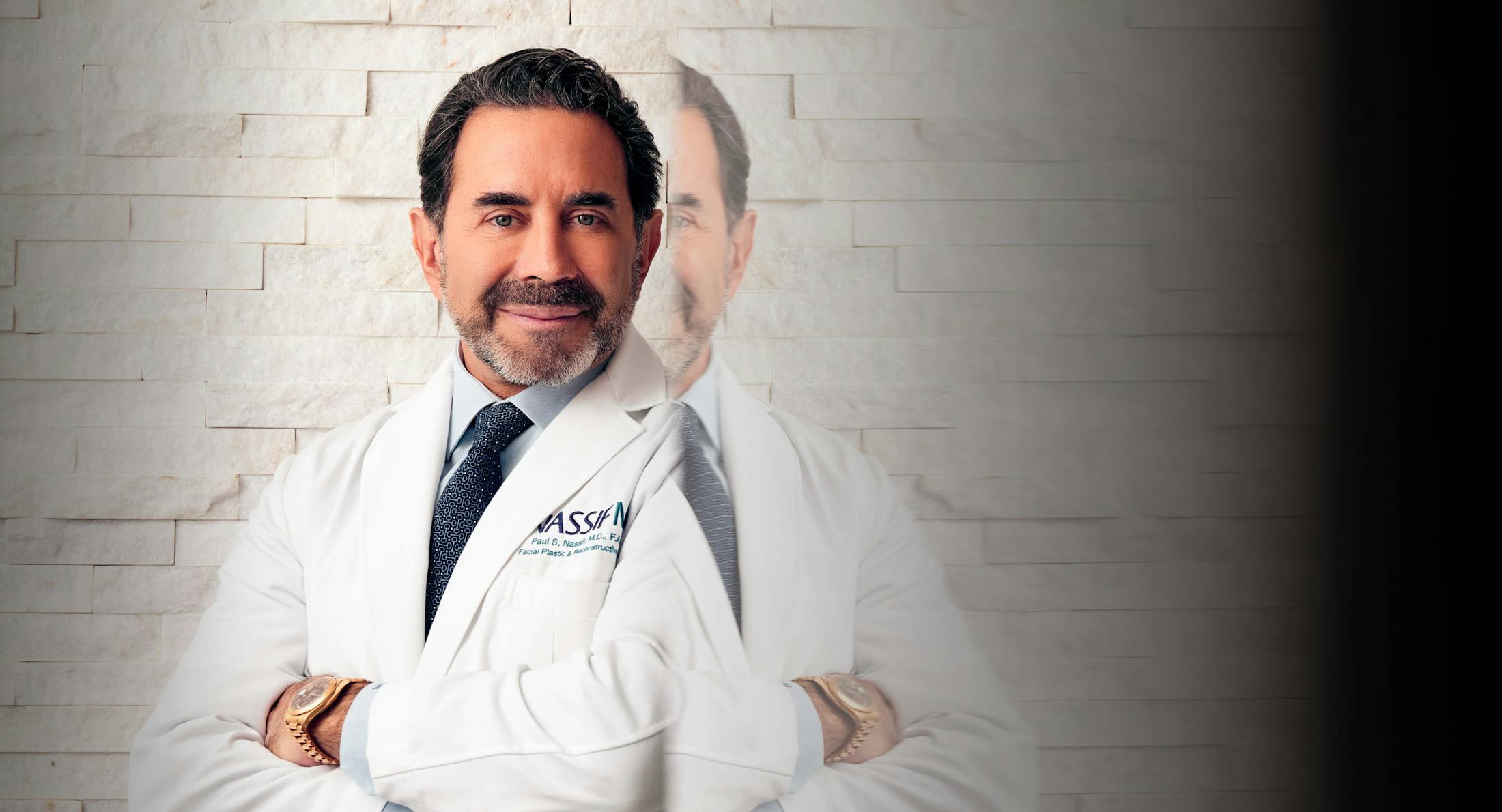As you may already know, "rhinoplasty" is the medical term for a nose job. An ethnic nose job, or ethnic rhinoplasty, seeks to create a natural look and appearance for non-Caucasian noses.
What are the Benefits of Ethnic Rhinoplasty?
Ethnic rhinoplasty provides the benefit of being specially customized to your specific needs while respecting your ethnicity. This procedure provides a number of very positive benefits:
- Preserves your heritage and unique beauty
- Minimizes nasal flaws
- Improves the size, shape, and symmetry of your nose
- Takes your skin type and scarring potential into special consideration
- Typically preserves the length of the nasal bone
- Balances and brings your facial features into harmony
- Corrects breathing concerns or issues caused by a deviated septum
- Contours the nostrils as needed to provide your desired aesthetic appearance
- Improves and boosts confidence


